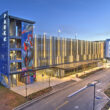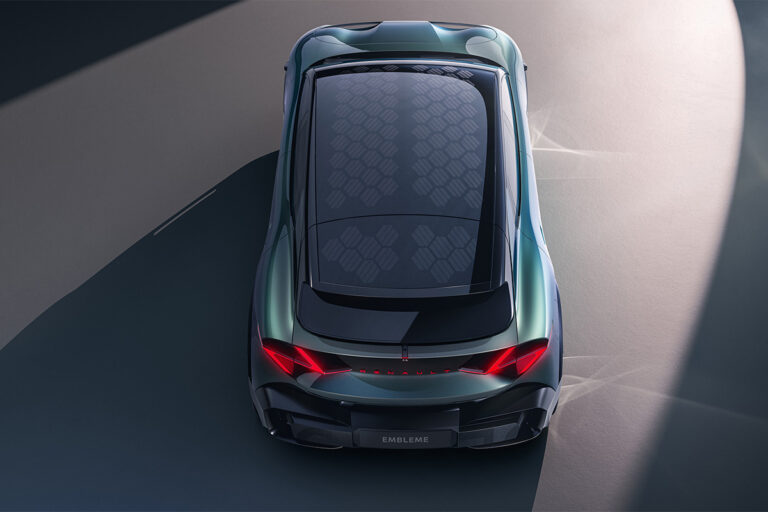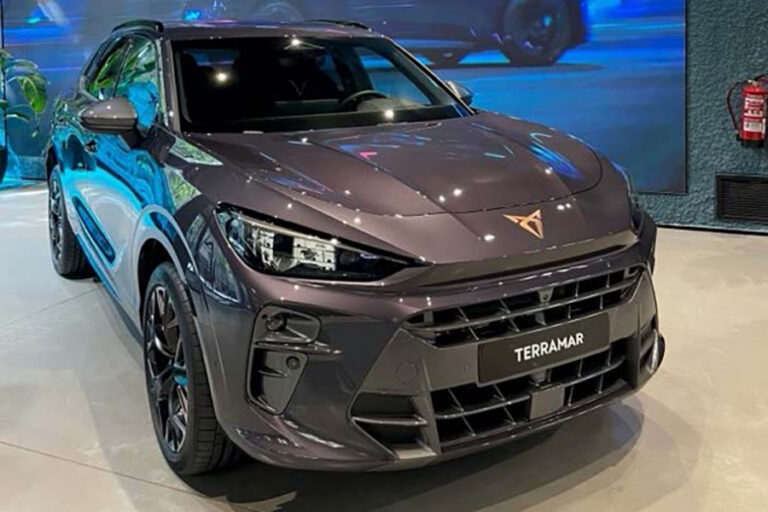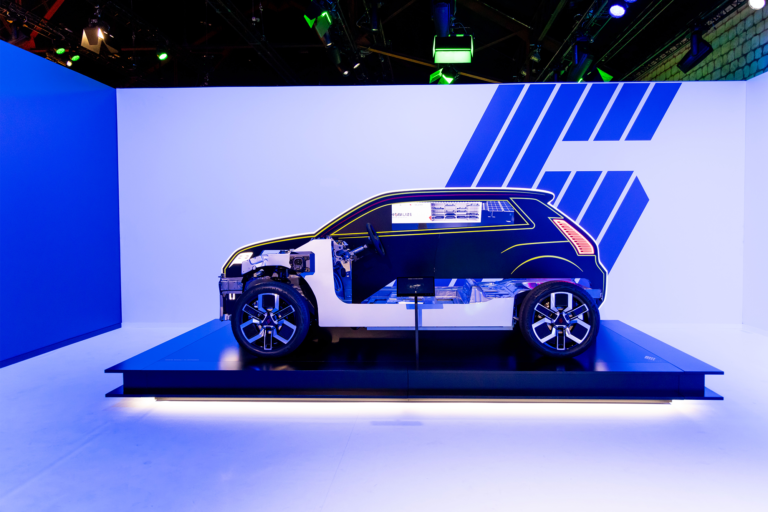Harnessing the power of digital technologies and emerging alternatives to the internal combustion engine, automakers are rising to the challenge of urban development in the 21st century and reinventing their industry in the process.
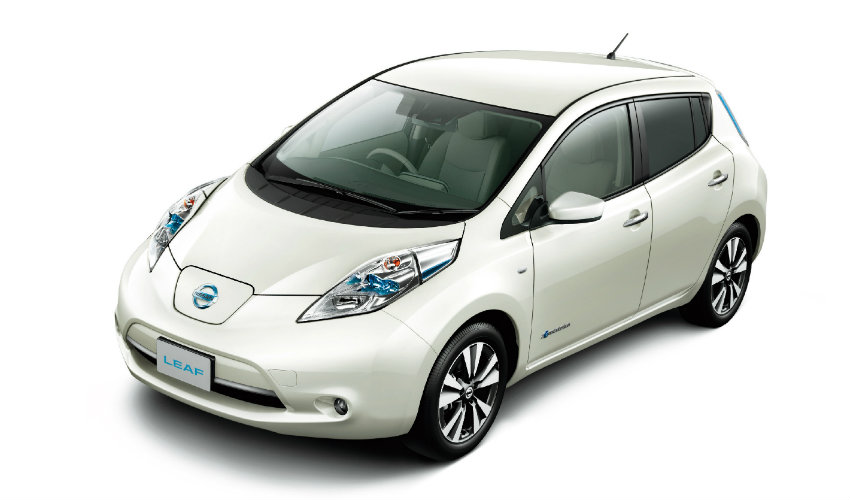
The need for action is urgent: in 2016 the average speed of a car in London hit a new low of under 8 mph—less than the speed of a horse-drawn carriage in the same streets in the Victorian era. In many fast-growing Asian cities, it would now be more practical to cycle or even to walk than to drive—if it wasn’t for the noxious levels of air pollution caused partly by cars and trucks pumping out fumes from never-ending traffic jams.
Car manufacturers, policymakers and technology companies are now racing to develop an alternative model that will embrace electric vehicles, connectivity, ride-sharing and autonomous driving and which will transform urban transport forever.
In this race, Nissan has emerged as an early leader; not only does it manufacture the world’s best-selling electric vehicle, the LEAF, but as part of the Renault-Nissan Alliance it has forged close partnerships with tech giants such as Microsoft and specialists in on-demand services such as Transdev, helping the car maker steer a path towards a future that is personalized, autonomous, connected and electric![]()


